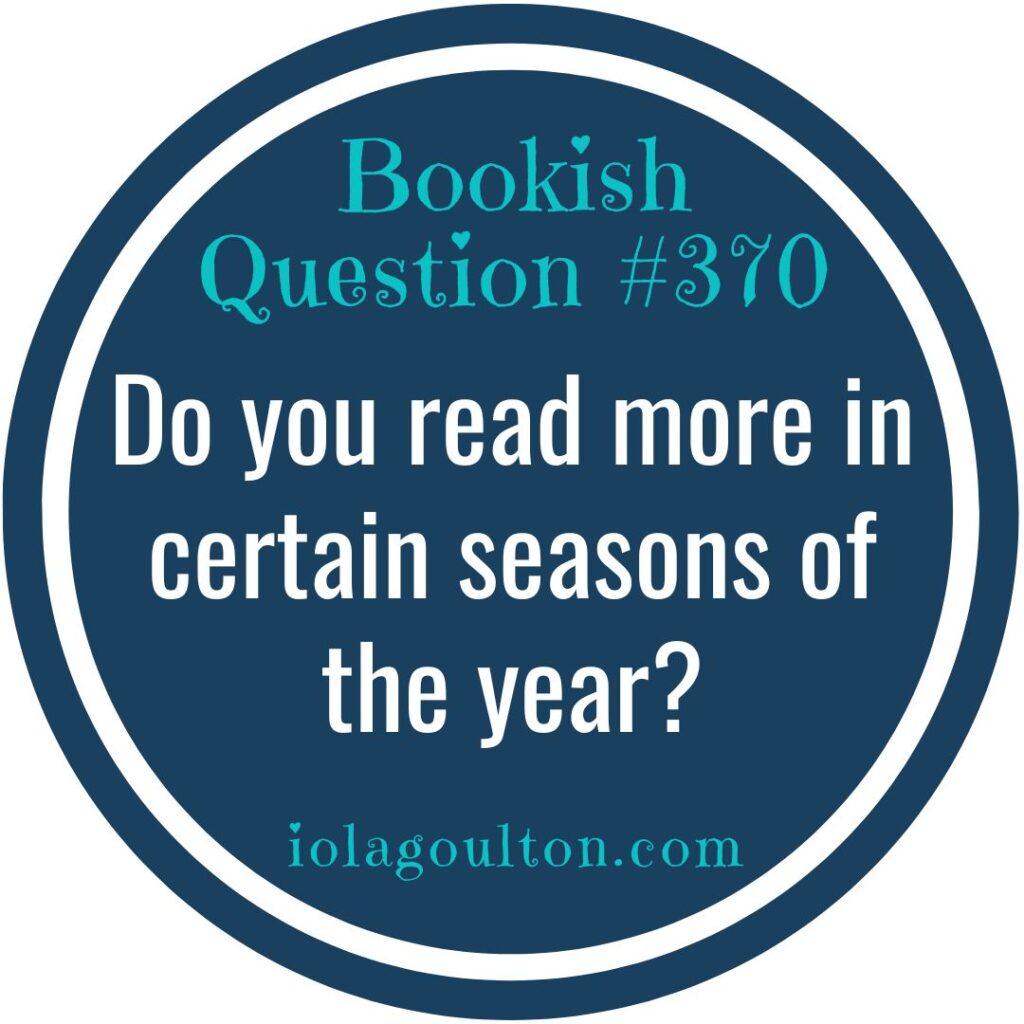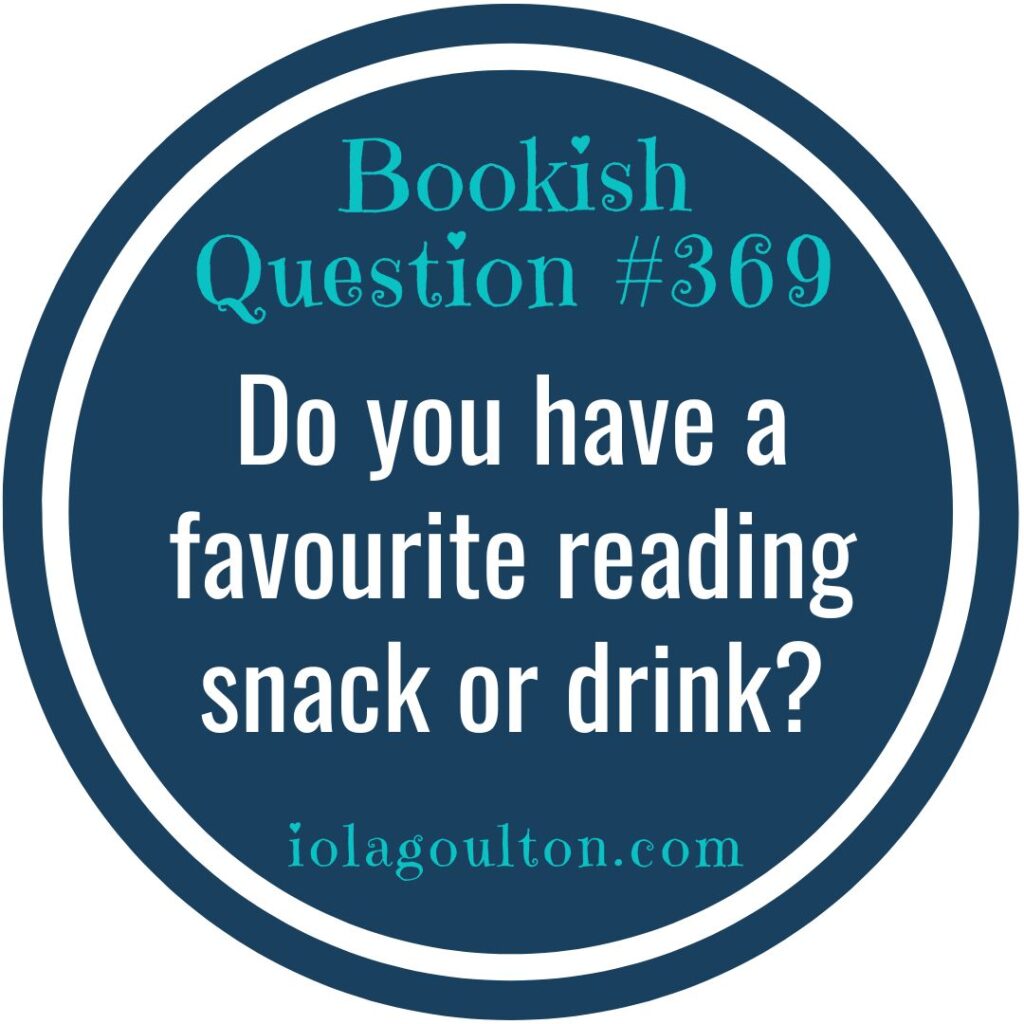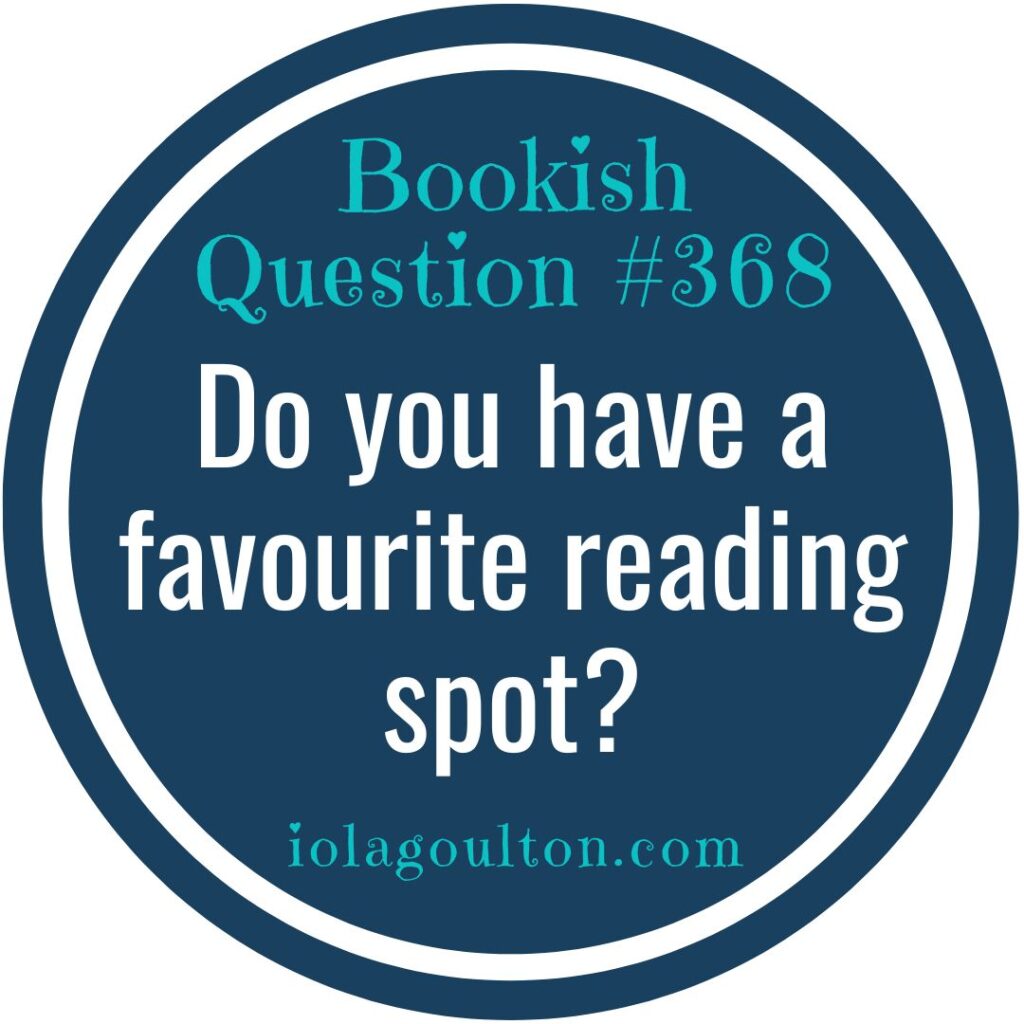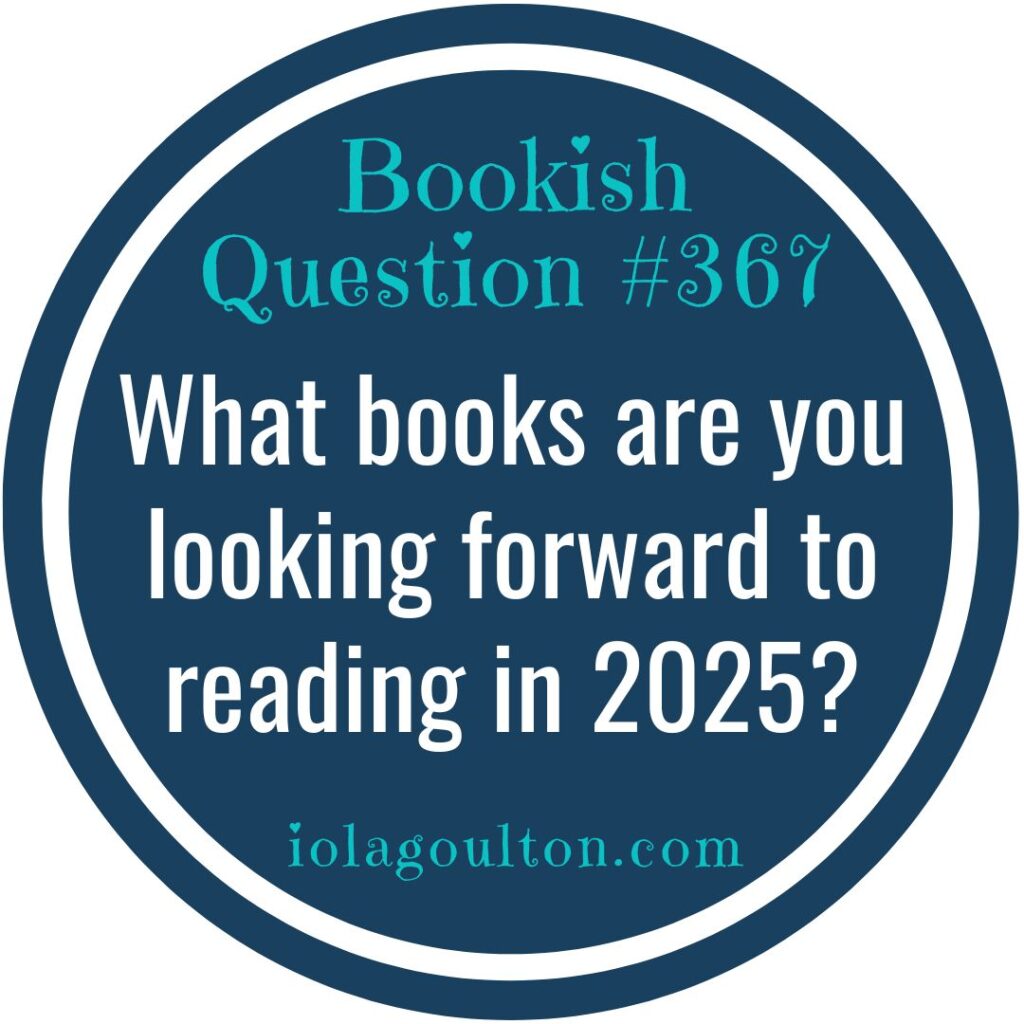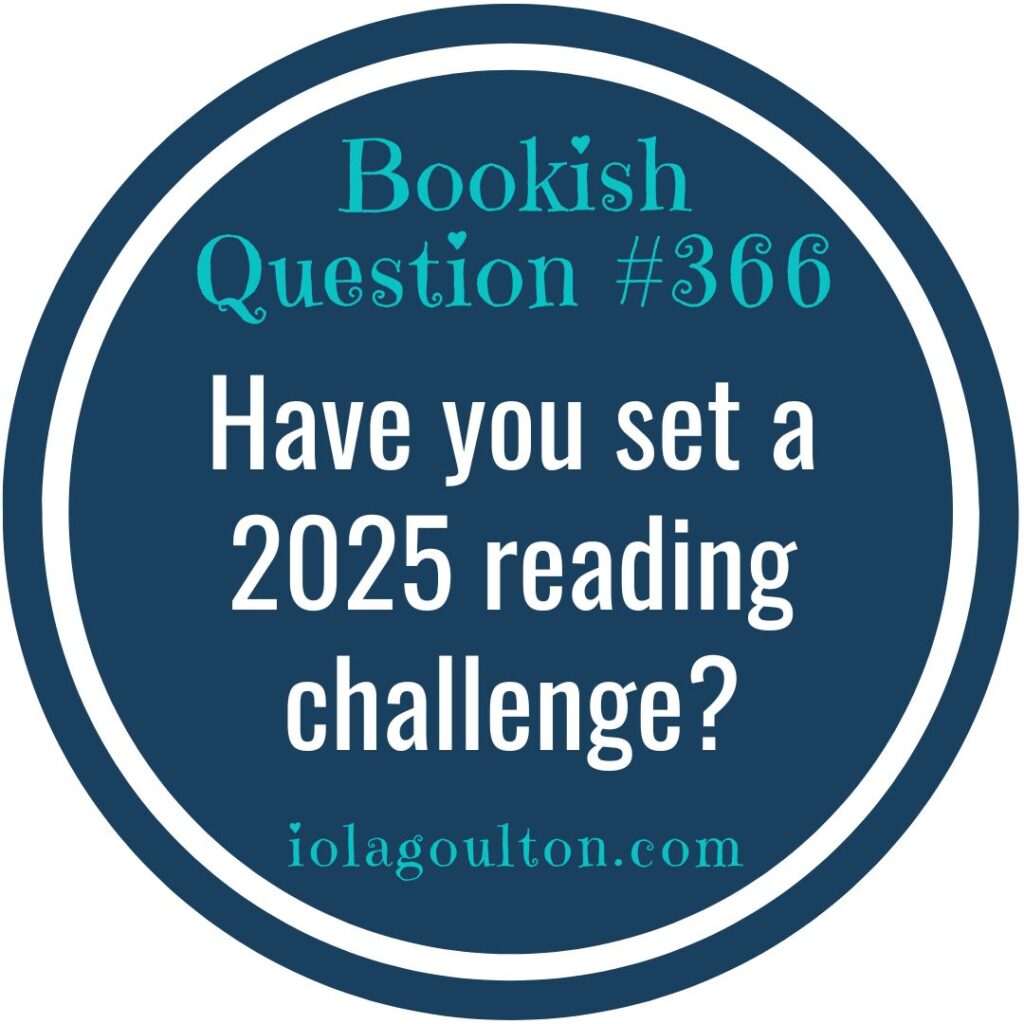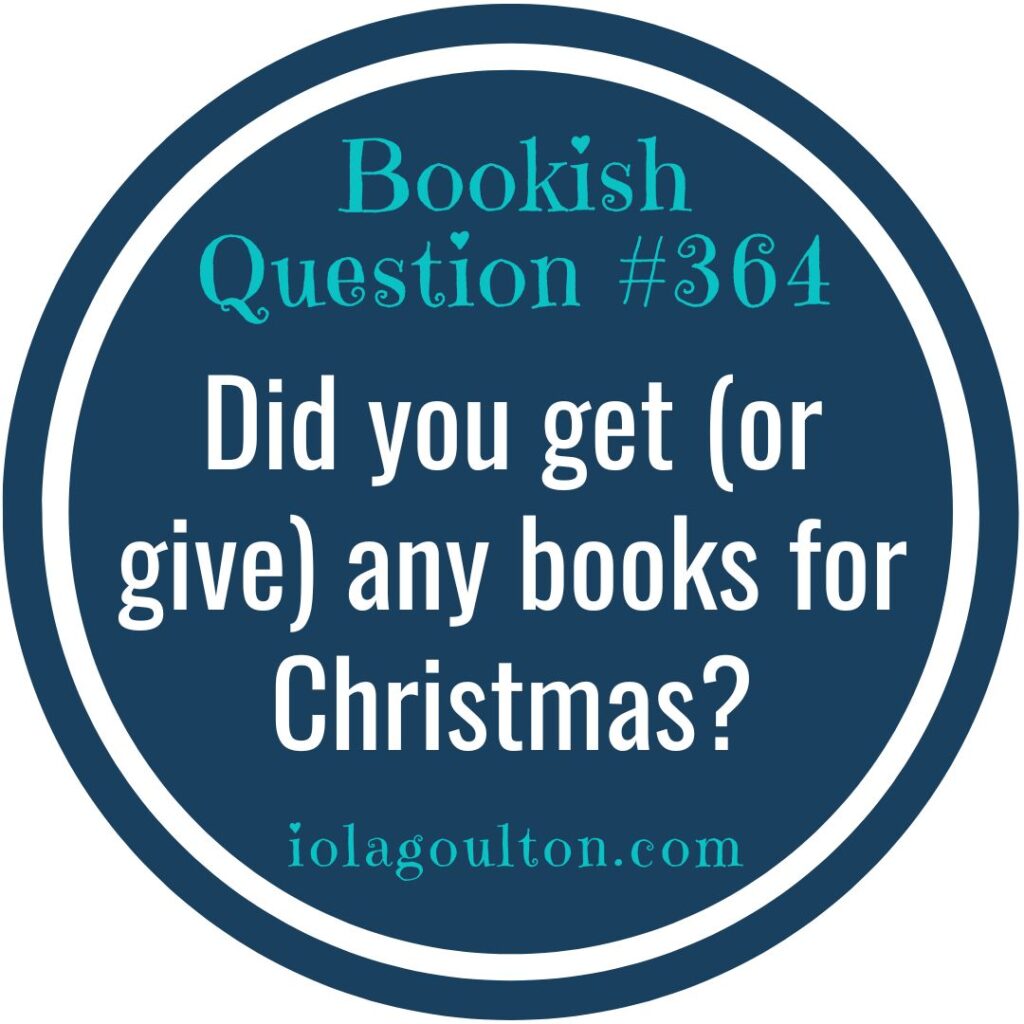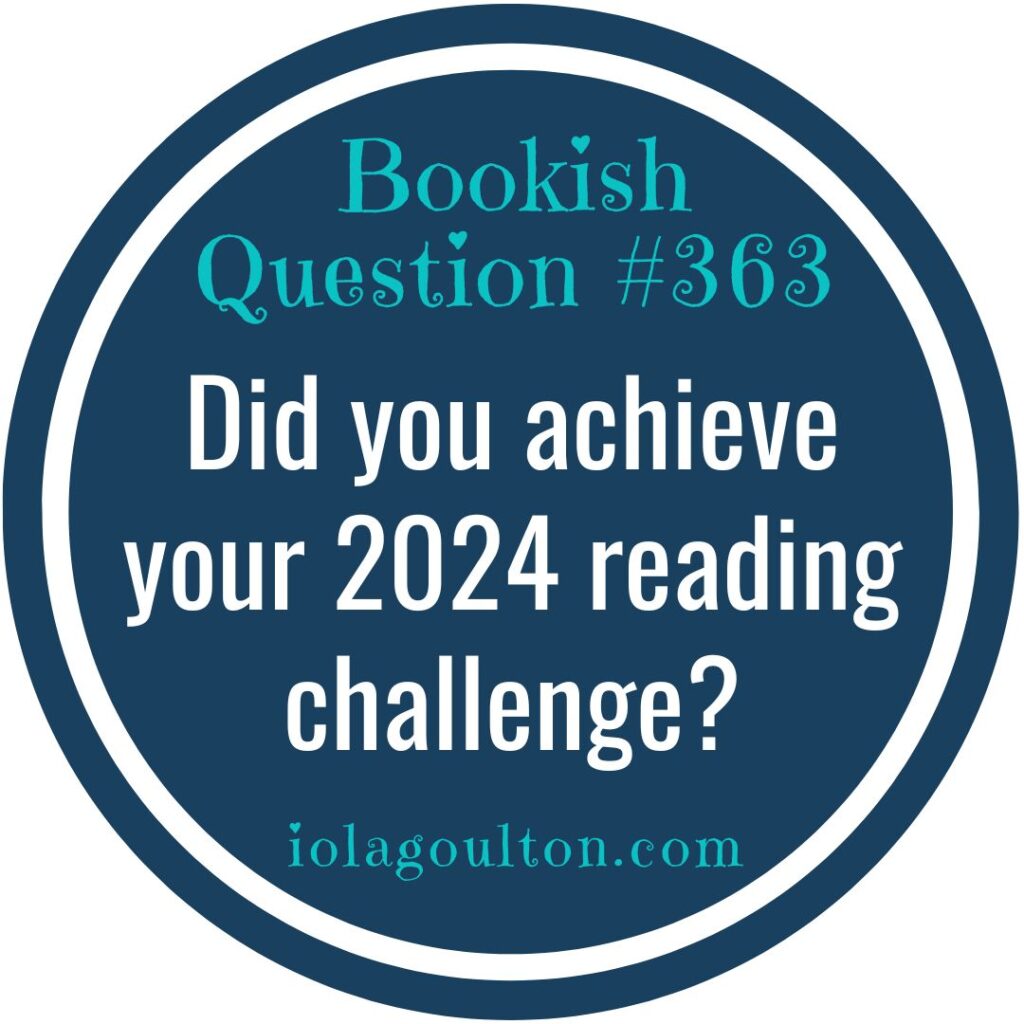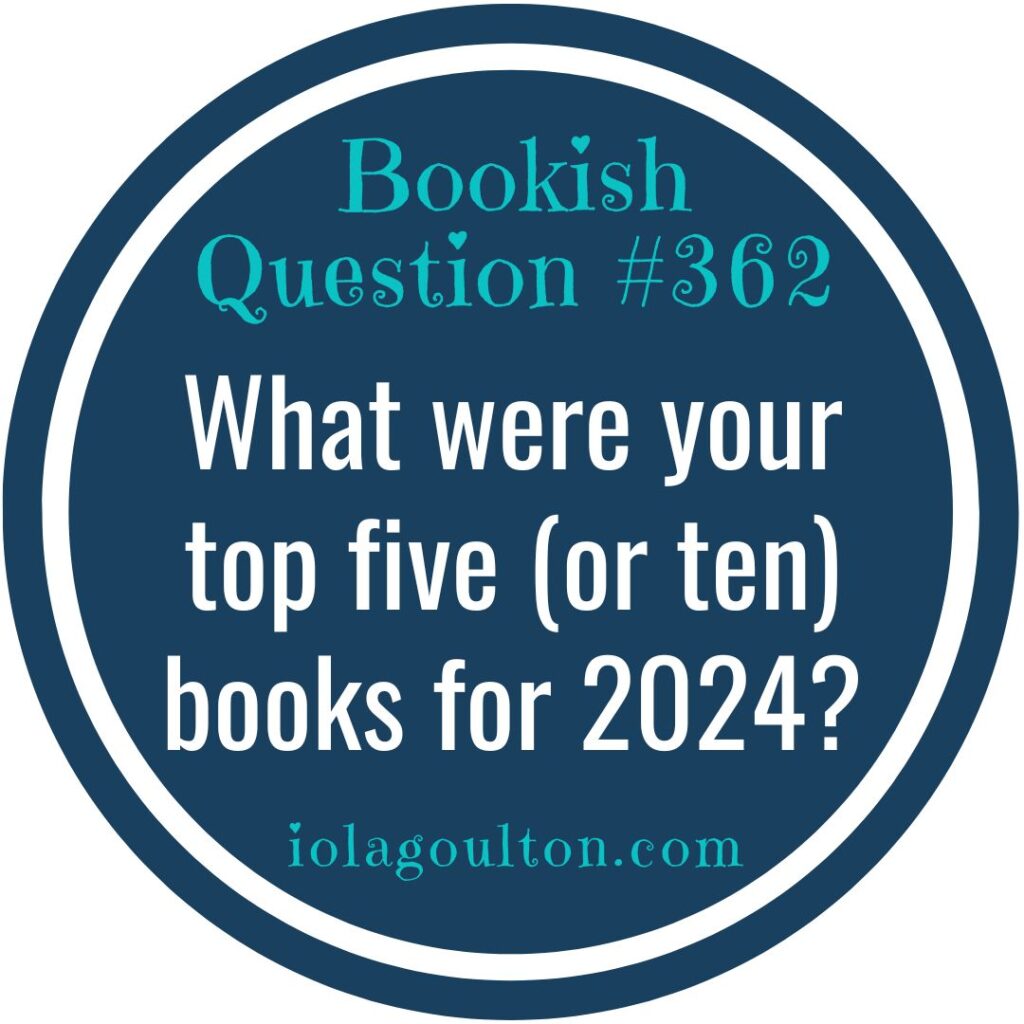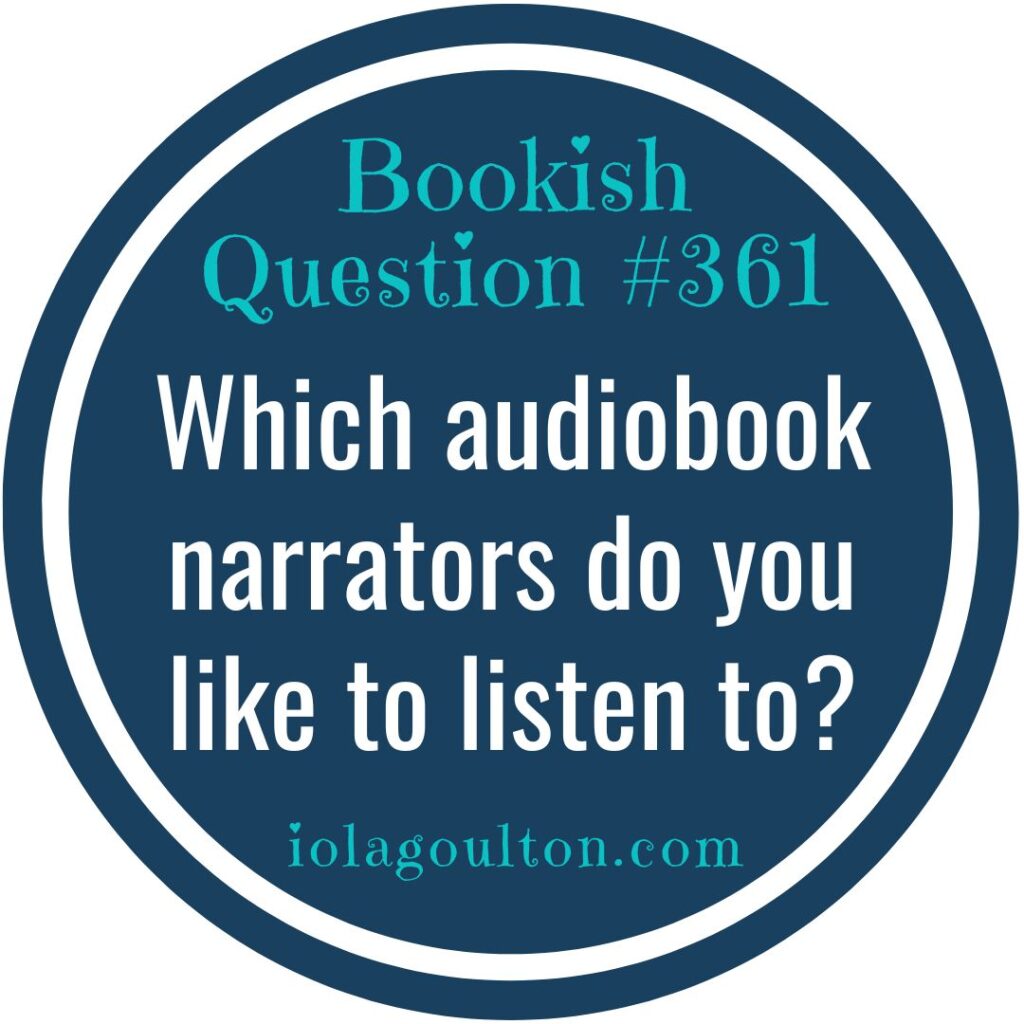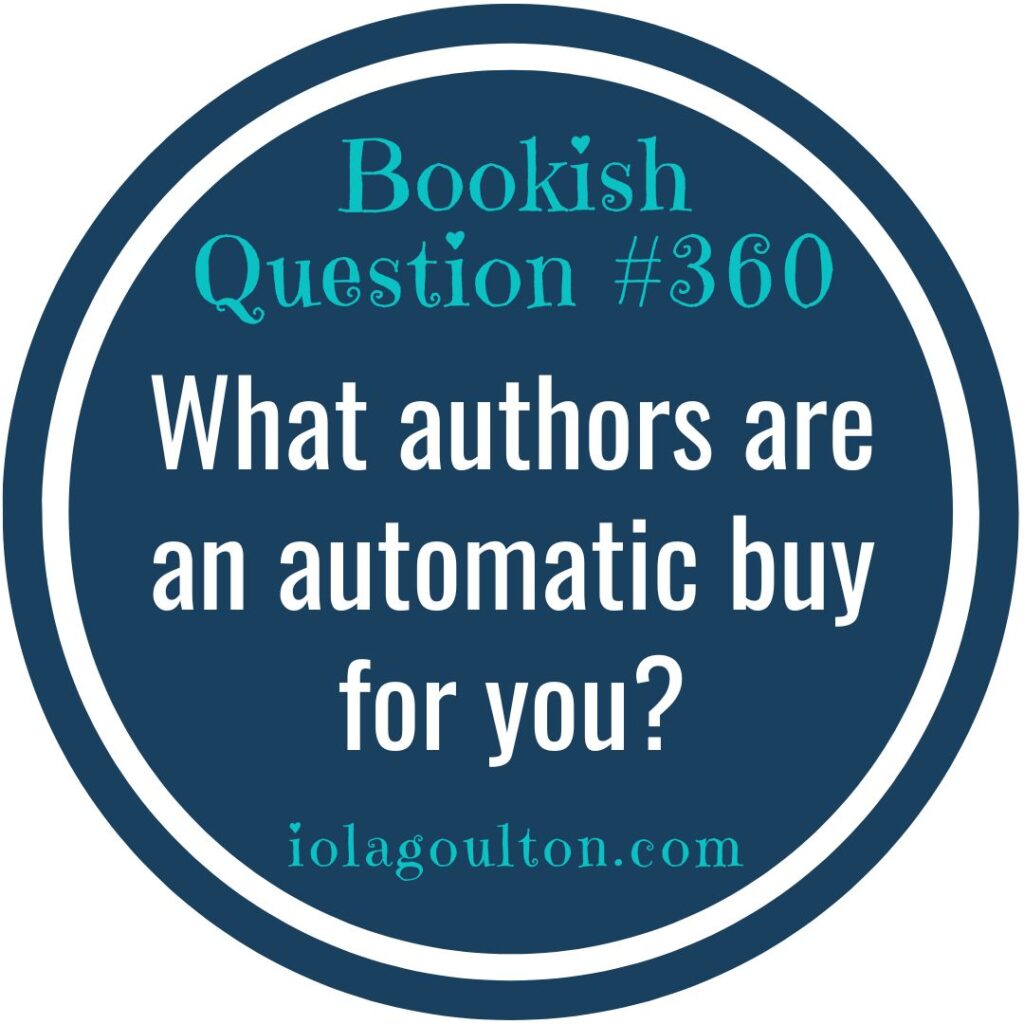Yes, although I have kept it simple.
My challenge is to read 150 books.
This is the same as my 2024 challenge, which I exceeded: I ended up reading 166 books (although I only counted reading my own new release, Always In My Heart once. I probably read the whole manuscript at least three times, and read parts of it many more).
In previous years, I have also set myself more specific challenges, such as reading books from my to-read pile, books from new-to-me authors, books from BIPOC or international authors, books from indie authors, or nonfiction books.
I found I’d set myself too many goals, some of which were difficult to track. It sometimes meant I was forcing myself to read books I didn’t really want to read so I could improve my tallies (e.g. a nonfiction book from my to-read pile written by a new-to-me international author).
While I haven’t counted, I think I read more nonfiction books and more books from new-to-me authors last year than in many previous years, which suggests I’m better off not counting.
My only other reading challenge is that I want to read the whole Bible in the year again.
It’s been a couple of years since I’ve done that. I am using Mary DeMuth’s 90-Day Bible Reading Challenge (but giving myself grace: I don’t have to finish in 90 days. Finishing is good enough).
What about you? Have you set a 2025 reading challenge?

